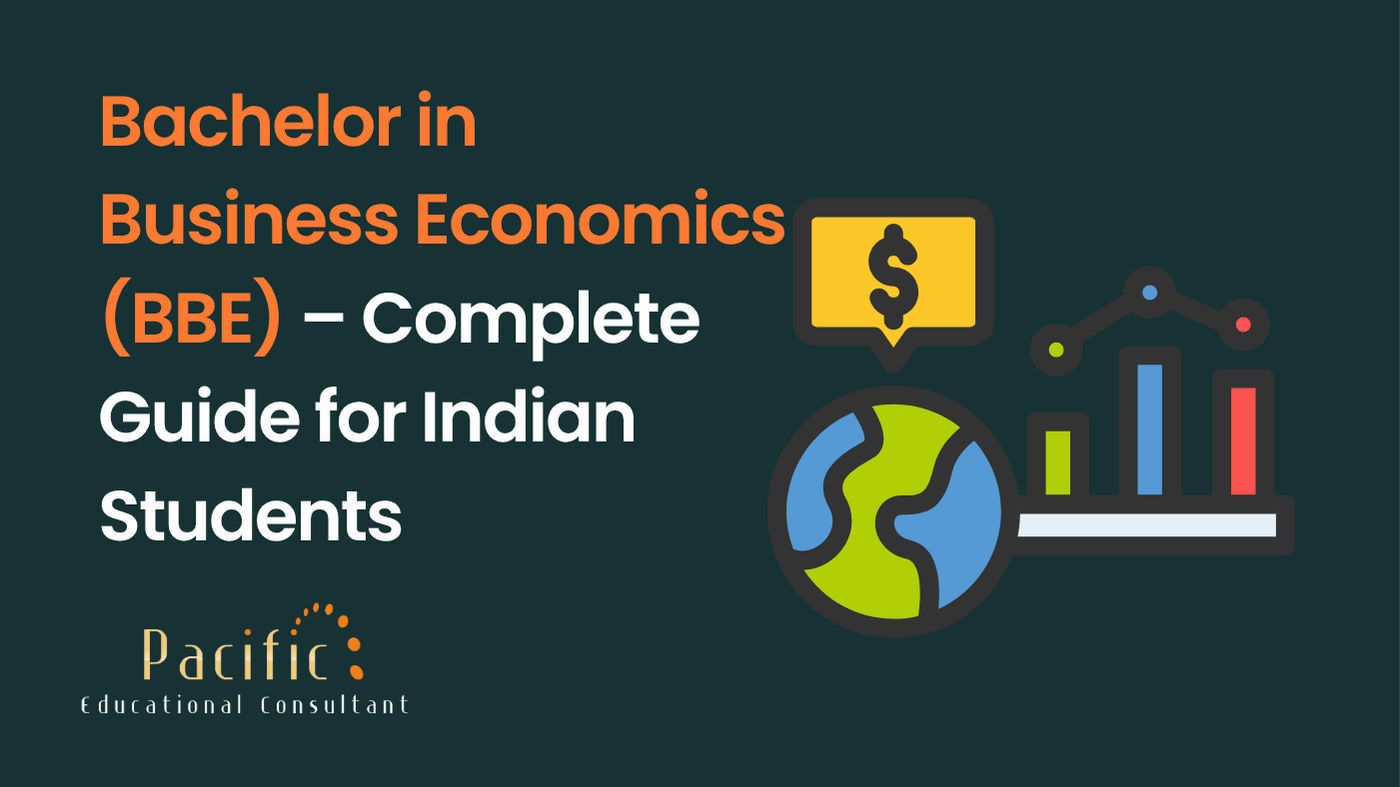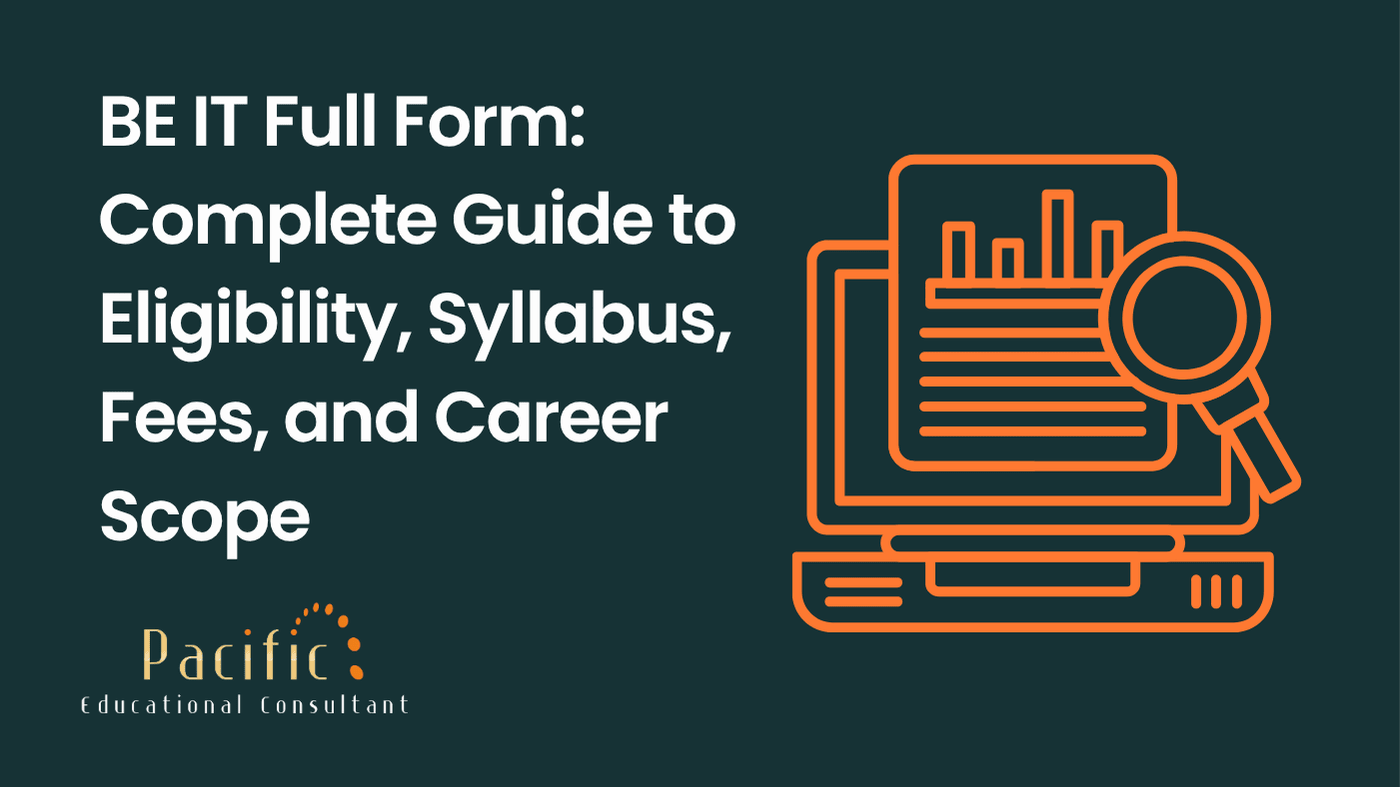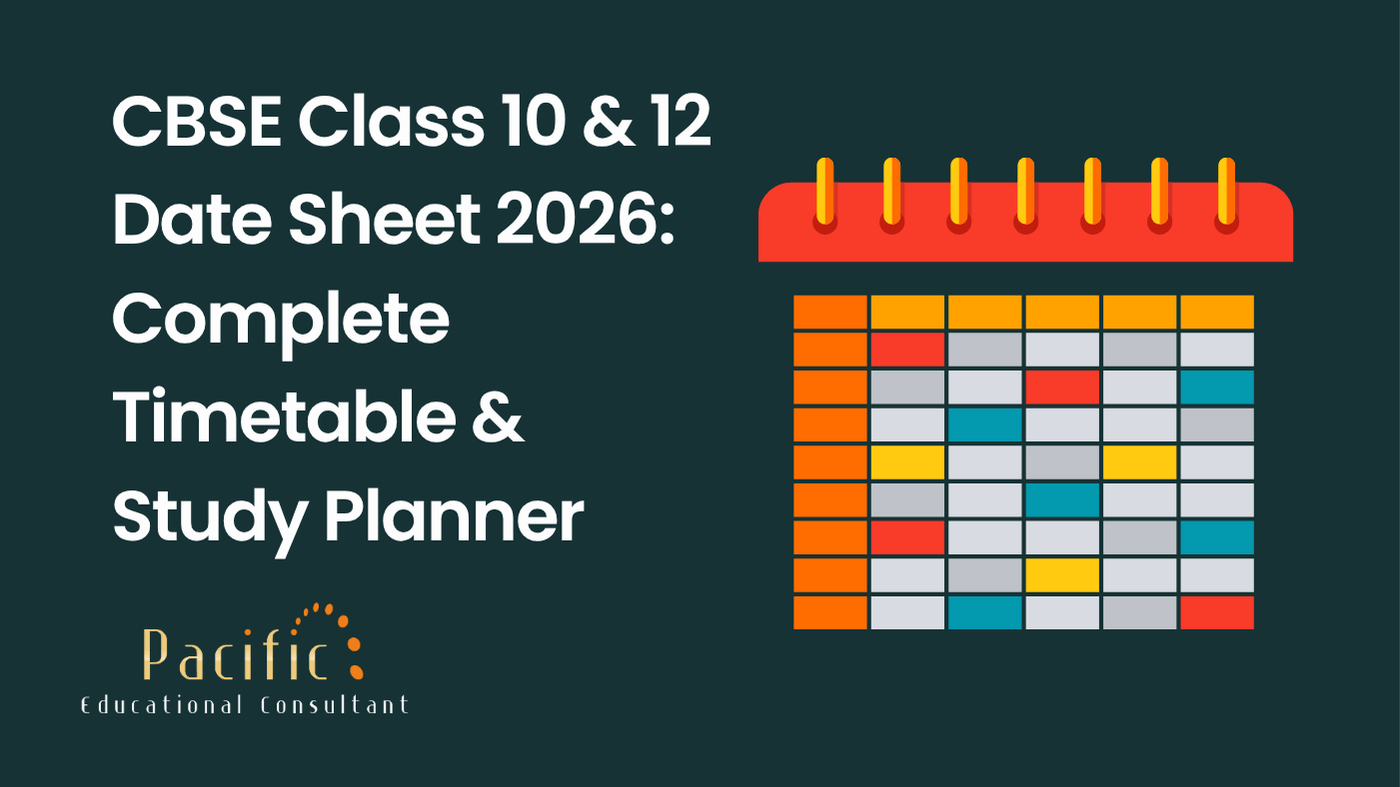


In today’s rapidly evolving business environment, where data, economics, and management decisions go hand in hand, the Bachelor in Business Economics (BBE) has emerged as one of the most promising undergraduate programs in India. This 3-year degree blends economic theory, business strategy, and quantitative analysis to prepare students for successful careers in finance, consulting, management, and public policy.
Whether you’re a commerce student or someone who loves working with numbers and market trends, this blog will give you a complete understanding of the BBE course — from eligibility and admission process to career scope, salary, and future opportunities.
The Bachelor in Business Economics (BBE) is a full-time undergraduate course that bridges the gap between traditional economics and modern business practices. Unlike a general BBA or B.Com, which primarily focuses on management and accounting, the BBE course integrates economic principles with real-world business applications.
Students learn how markets operate, how businesses make financial and strategic decisions, and how to apply economic logic in corporate environments. This blend of theory and practice makes BBE one of the most sought-after courses among commerce and economics enthusiasts.
| Parameter | Details |
| Degree Name | Bachelor in Business Economics (BBE) |
| Duration | 3 Years (6 Semesters) |
| Level | Undergraduate |
| Eligibility | 10+2 from a recognized board with a minimum of 50% marks |
| Course Type | Regular (Full-Time) |
| Average Fees | ₹50,000 – ₹3,00,000 per year (varies by college) |
| Popular Subjects | Microeconomics, Macroeconomics, Business Statistics, Financial Management, Econometrics |
| Top Career Role | Business Analyst, Financial Consultant, Economist, Market Research Analyst, Policy Advisor |
Choosing BBE opens up a world of opportunities in both corporate and policy sectors. Here’s why it’s worth considering:
Perfect Blend of Economics and Business: You gain analytical depth along with business acumen.
High Industry Demand: Companies increasingly value professionals who can use data and economics for business growth.
Strong Foundation for Higher Studies: Ideal for those planning an MBA, M.A. in Economics, or careers in finance and analytics.
Skill Development: Enhances decision-making, critical thinking, and quantitative analysis skills.
Diverse Career Options: From consulting firms to government institutions, the BBE graduate has a wide choice of job sectors.
To apply for a Bachelor in Business Economics program, candidates must:
Have completed 10+2 (Class 12) from a recognized education board.
Have studied Mathematics, Economics, or Business Studies as one of the core subjects (recommended).
Secure at least 50% marks in aggregate (cut-offs vary by institution).
Some universities may conduct entrance exams or personal interviews for admission.
Application Submission: Fill out the application form through the university’s online portal.
Entrance Exam (if applicable): Some colleges conduct tests to assess aptitude in mathematics, reasoning, and economics.
Merit-Based Selection: Many institutions also admit students directly based on 12th-grade marks.
Counselling and Document Verification: Final admission is granted after verification of eligibility and payment of fees.
The curriculum of BBE is designed to combine theoretical and practical knowledge. The subjects are spread across six semesters:
Principles of Microeconomics
Business Mathematics
Statistics for Business and Economics
Business Communication
Introduction to Management
Macroeconomic Analysis
Financial Accounting and Management
International Trade and Finance
Research Methodology
Marketing Management
Econometrics
Indian Economy and Policy
Corporate Finance
Business Ethics and Corporate Governance
Project Report and Viva
This curriculum ensures that students not only understand how economies function but can also apply those insights in business decision-making.
Analytical and Quantitative Thinking
Market Research and Data Interpretation
Economic Policy Understanding
Financial Management
Strategic Decision-Making
Communication and Leadership Skills
Some of the reputed universities offering BBE courses include:
Delhi University (DU)
Christ University, Bengaluru
Symbiosis College of Arts and Commerce, Pune
Amity University, Noida
Loyola College, Chennai
St. Xavier’s College, Mumbai
(Note: Admission cut-offs and fees vary by college.)
The fee structure depends on the type of institution:
Government Colleges: ₹30,000 – ₹80,000 per year
Private Colleges: ₹1 – 3 Lakhs per year
Scholarships are often available for merit-based or financially weaker students.
After completing BBE, students can pursue a wide range of careers in both private and public sectors.
Business Analyst
Financial Consultant
Market Research Analyst
Economic Advisor
Data Analyst
Policy Research Associate
Investment Banker
A BBE graduate can expect a starting salary between ₹3 – 6 LPA, which can rise to ₹10 LPA or more with experience and higher studies.
After graduation, students can choose to enhance their qualifications through:
MBA (Master of Business Administration)
M.A. in Business Economics or Applied Economics
M.Com or M.Sc. in Economics
Professional Courses: CFA, CMA, or CPA
Postgraduate Diplomas in Data Analytics or Financial Economics
Balanced combination of economics and business education
Strong employability across multiple industries
Prepares you for competitive exams and higher studies
Builds essential analytical and problem-solving skills
Involves rigorous mathematical and statistical components
Limited number of top-tier colleges offering BBE
Requires consistent academic effort and practical application
Students who love economics, statistics, and finance.
Those interested in research, analysis, or consulting.
Candidates planning for an MBA or economics-based master’s degree later.
Individuals seeking to work in corporate strategy, banking, or government policy.
🌍 Global Curriculum: Learn modern business models, international trade, and global economics.
🎓 World-Class Education: Universities abroad provide cutting-edge research, experienced faculty, and diverse perspectives.
💼 High-Paying Careers: Graduates can work in multinational firms, banks, consulting, or policy institutions.
🤝 Networking Opportunities: Build global professional networks with peers and industry experts.
🚀 Pathway to Higher Studies: Ideal foundation for pursuing MBA, MSc Economics, or international business master’s degrees.
The United States offers industry-focused programs that emphasize practical learning and real-world problem-solving. Students can benefit from Optional Practical Training (OPT), allowing them to gain work experience after graduation. The country also provides global employment opportunities in top financial and consulting firms.
The UK provides a 3-year degree structure, saving time and costs compared to other countries. It is home to world-renowned universities such as the London School of Economics (LSE), University College London (UCL), and the University of Warwick. These institutions are globally recognized for their excellence in economics and business education.
Canada is known for its affordable tuition fees and high-quality education. Graduates can take advantage of the Post-Graduation Work Permit (PGWP), which allows them to work in Canada for up to 3 years. It’s also one of the safest and most welcoming countries for international students.
Australia offers excellent work-while-study rights, allowing students to earn while they learn. Its universities focus on employability, ensuring high job placement rates after graduation. The country also provides a vibrant lifestyle, world-class infrastructure, and post-study work opportunities.
Germany is a preferred destination for international students due to its low or zero tuition fees in public universities. The country offers strong programs in economics and business, especially for students seeking high academic quality with affordable education.
The Netherlands stands out for its innovative teaching methods and English-taught programs. It provides a multicultural environment and global exposure, making it a popular choice for students pursuing degrees in Business Economics and related fields.
The Bachelor in Business Economics (BBE) is an ideal course for students who want to explore the intersection of business and economics. It offers a comprehensive foundation in analytical thinking, finance, and strategic planning — all essential skills in today’s job market.
With growing demand for professionals who can interpret data and drive business decisions, BBE graduates are well-placed for rewarding careers in both India and abroad.
If you are passionate about understanding how economies influence businesses — and how businesses, in turn, shape economies — the BBE course could be your first step toward a successful and impactful career.

Describe a time you enjoyed a free day off work or school – IELTS Cue Card

Bachelor in Business Economics (BBE)

BE IT Full Form: Complete Guide to Eligibility, Syllabus, Fees, and Career Scope

Describe a water sport you would like to try in the future - IELTS Cue Card

Describe a plan that you had to change recently - IELTS Cue Card

CBSE Class 10 & 12 Date Sheet 2026: Complete Timetable & Study Planner

Describe a sport that you really like - IELTS Cue Card

Describe a person who helps to protect the environment - IELTS Cue Card

Describe a live performance you enjoyed watching - IELTS Cue Card

Describe a place with a lot of trees that you would like to visit (e.g. a forest, oasis) - IELTS Cue Card